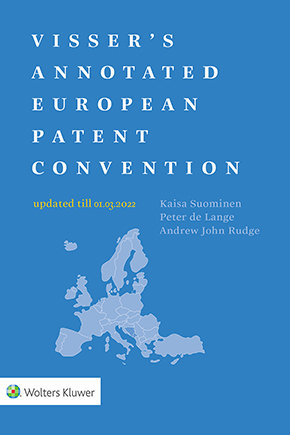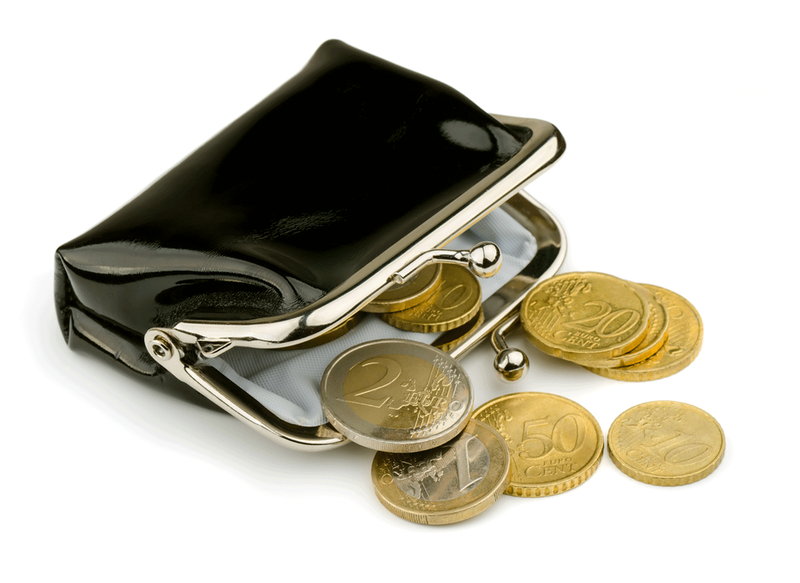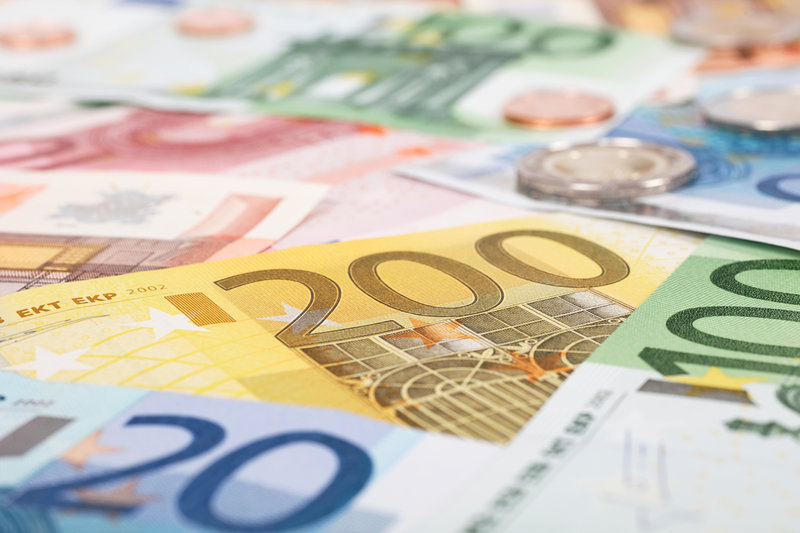Short news
Tax advantage for innovation in Belgium
Belgium has a few separate tax schemes that apply to acquired IP rights. For instance, the innovation allowance for innovation income
Russia changes rules regarding foreign intellectual property
The war in Ukraine and the Western sanctions in response thereto resulted in economic countermeasures on the part of Russia that also include intellectual property rights.
IP grants for small and medium-sized enterprises
In order to support EU-based SMEs in protecting their IP, the European Union Intellectual Property Office (EUIPO) set up the ‘Ideas Powered for business SME Fund’ grant scheme.
New edition Visser’s Annotated European Patent Convention
An edition of Visser's Annotated European Patent Convention, updated to March 1, 2022, will be released shortly. This can now be ordered through publisher Wolters Kluwer.
New edition Visser’s Annotated European Patent Convention
An edition of Visser's Annotated European Patent Convention, updated to March 1, 2022, will be released shortly. This can now be ordered through publisher Wolters Kluwer. The ‘Visser’ is one of the best known textbooks on European patent law for (future) patent attorneys. V.O.’s very own patent attorney Peter de Lange edited the chapters on patentability, novelty and inventiveness, as well as the chapter on appeal proceedings before the Boards of Appeal of the European Patent Office.
The ‘Visser’ provides the full text of the European Patent Convention (EPC), in addition to which expert comment and interpretations, updated on the basis of the latest legal precedents of the Boards of Appeal, are given with each section of the law. As such, the new edition is once again a very useful manual in everyday practice but also a highly suitable textbook for the European patent attorney examinations.

Russia changes rules regarding foreign intellectual property
The war in Ukraine and the Western sanctions in response thereto resulted in economic countermeasures on the part of Russia that also include intellectual property rights. On 6 March, for instance, the Russian government proclaimed by decree that patent owners from the 48 countries adopting an, as the decree describes it, ‘unfriendly’ attitude towards Russia, are to receive a 0% compensation for patent licenses granted by the authorities to third parties without the patent owner’s consent. The Netherlands, as one of the 27 EU member states, is one of those counties. The other listed countries are the United States, the United Kingdom, Canada, Australia, Switzerland, Japan, South Korea, New Zealand, Singapore, Taiwan, Micronesia, Monaco, Norway, Iceland, and San Marino. That would mean affected patent owners can no longer claim any damages.
Before the decree was approved, the compensation for such a compulsory license amounted to 0.5% of the profits ensuing from the unauthorized use.
The Russian government is also hinting at the possibility of proclaiming a similar decree regarding trademark rights.
At the moment, no proper estimate can be made of the IP situation in the longer term, but we’re keeping a close eye on the developments of course. Should you have any questions, we’ll try to advise you as best as we can.

IP grants for small and medium-sized enterprises
In order to support EU-based SMEs in protecting their IP, the European Union Intellectual Property Office (EUIPO) set up the ‘Ideas Powered for business SME Fund’ grant scheme. This scheme is a European Commission initiative and runs from 10 January 2022 to 16 December 2022.
To be eligible, an owner, employee or authorized representative of an SME has to file an application. Grants will always be transferred directly to the enterprise. On the EUIPO website the relatively simple application procedure is explained for each EU country. In addition, information can be found on www.business.gov.nl.
Depending on the IP activity they register for, SMEs in the Netherlands can apply for two types of vouchers: voucher 1 for trademark and design registration costs (up to a maximum of €1,500); voucher 2 for patent application costs (up to a maximum of €750). No more than two vouchers can be applied for, one of each type. In Belgium and Germany, SMEs can also spend voucher 1 on the costs of an IP scan.

Tax advantage for innovation in Belgium
Belgium has a few separate tax schemes that apply to acquired IP rights. For instance, the innovation allowance for innovation income. This means that 85% of the net income ensuing from IP rights is exempt from corporate income tax. The innovation allowance has been in place since 2020 and applies to IP rights acquired as of 1 July 2016.
Belgium furthermore has the so-called tax credit. In contrast to the innovation allowance, which is applied as a deduction from the taxable results, the tax credit is a tax reduction on the amount of corporate income tax owed.
Both domestic and foreign corporations having a fixed place of business in Belgium are eligible for the innovation allowance, or as the case may be, the tax credit.
For more information about both Belgian schemes, visit www.vlaio.be, the website of Agentschap Innoveren & Ondernemen (VLAIO), the Flemish government’s first point of contact for all entrepreneurs in Flanders.